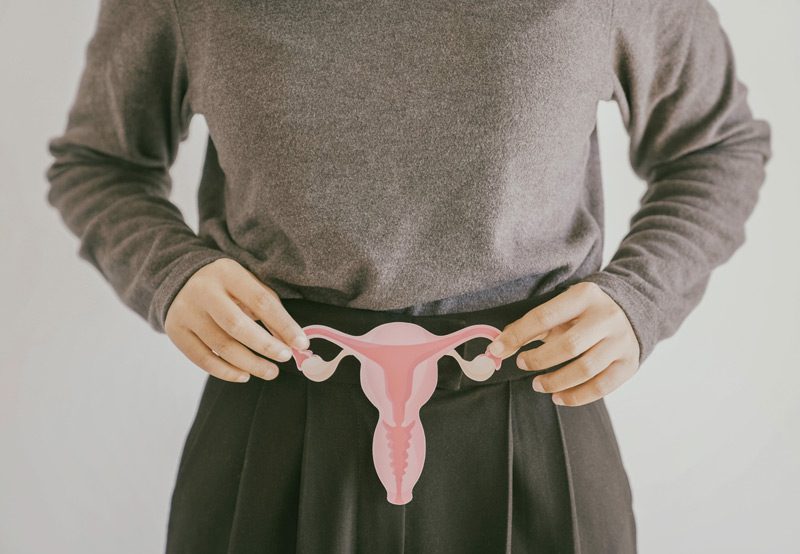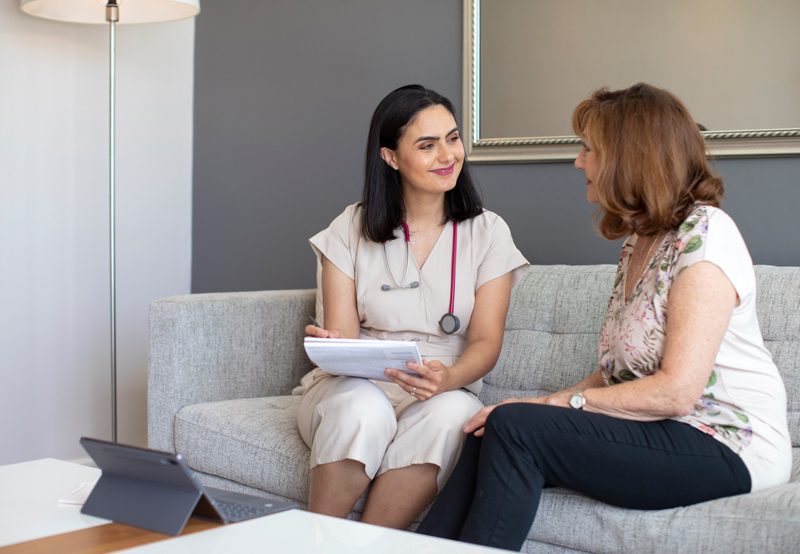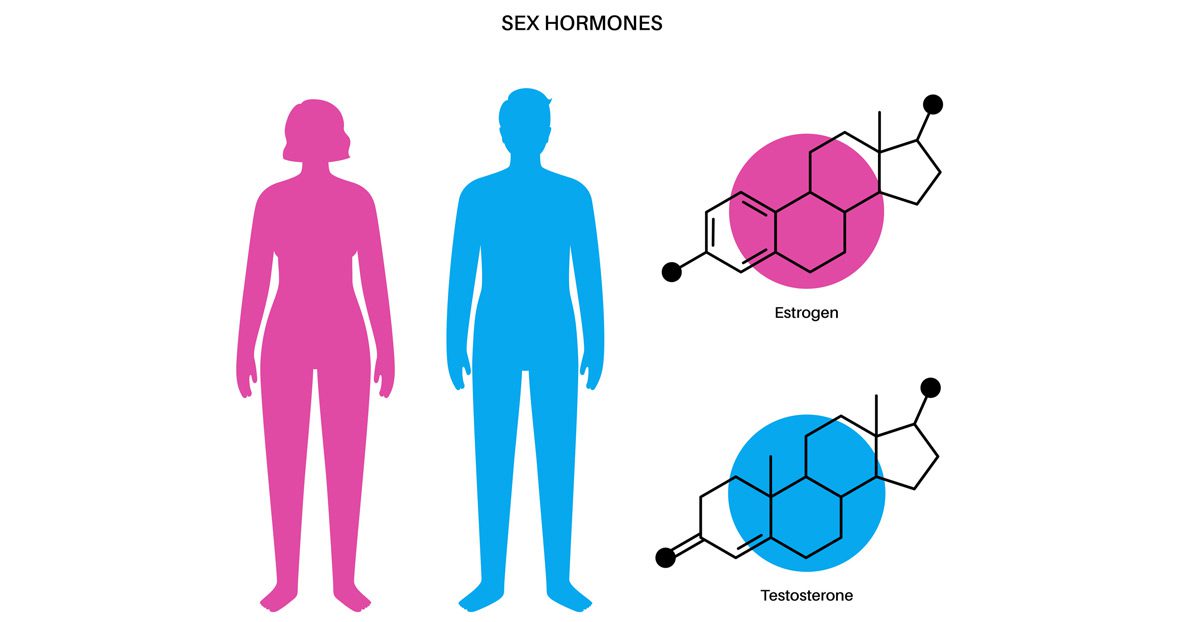

Hormonal imbalances can significantly impact female sexual function, leading to conditions such as dyspareunia (pain during intercourse), vaginismus, vulvodynia, vestibulodynia, female orgasmic disorder, female sexual arousal disorder (FSAD), hypoactive sexual desire disorder (HSDD), or vaginal atrophy.
Estrogen, testosterone, and other hormones regulate sexual desire, arousal, vaginal lubrication, and tissue health. When levels decline—particularly during menopause, postpartum recovery, or because of medical conditions such as polycystic ovary syndrome (PCOS) or hysterectomy—women may experience reduced libido, vaginal dryness, discomfort during intercourse, and difficulty achieving orgasm. Hormonal therapy is designed to restore balance, alleviate symptoms, and improve overall sexual function by targeting the underlying hormonal deficiencies.
Treatment Options
- Estrogen Therapy: Estrogen plays a crucial role in maintaining vaginal tissue integrity and function. Local estrogen treatments, including vaginal creams, tablets, and rings, directly target vaginal tissues to improve lubrication, increase elasticity, and reduce discomfort associated with vaginal atrophy, dyspareunia, and vulvar pain. These localized treatments have minimal absorption into the bloodstream and primarily address vaginal symptoms.
- Systemic Hormone Therapy (HT): For women experiencing more widespread symptoms of hormonal decline, systemic hormone therapy—available as oral tablets, transdermal patches, or topical gels—may be prescribed. This approach helps improve overall arousal, sexual responsiveness, and vaginal blood flow while also addressing other menopause-related symptoms such as hot flashes and mood swings.

- Testosterone Therapy: Although testosterone is commonly associated with male physiology, it plays an essential role in female sexual health. Women with HSDD or FSAD may benefit from low-dose testosterone therapy, which has been shown to enhance libido, sexual arousal, and overall sexual satisfaction. Testosterone therapy is typically prescribed in controlled doses and requires careful monitoring to ensure effectiveness and minimize potential side effects.
- DHEA (Dehydroepiandrosterone) Therapy: DHEA is a precursor hormone that contributes to estrogen and testosterone production within the body. Vaginal DHEA supplements help restore hormonal balance in postmenopausal women, improving vaginal lubrication, elasticity, and overall comfort during sexual activity. This treatment is particularly effective for those experiencing vulvar and vaginal discomfort because of estrogen decline.
- Combination Therapies: Some women benefit from a combination of estrogen, testosterone, and other hormone-based treatments, depending on their specific symptoms and medical history. A personalized approach ensures that each patient receives the most effective therapy for their individual needs.
- Monitoring and Adjustments: Hormonal therapy requires ongoing medical supervision to assess symptom improvement and adjust dosages as needed. Regular follow-ups help optimize treatment outcomes while minimizing risks.
Next Steps
Women experiencing persistent sexual dysfunction related to hormonal changes should consult their doctor to determine if hormonal therapy is appropriate. A personalized treatment plan can help restore hormonal balance, reduce discomfort, and improve sexual well-being.
